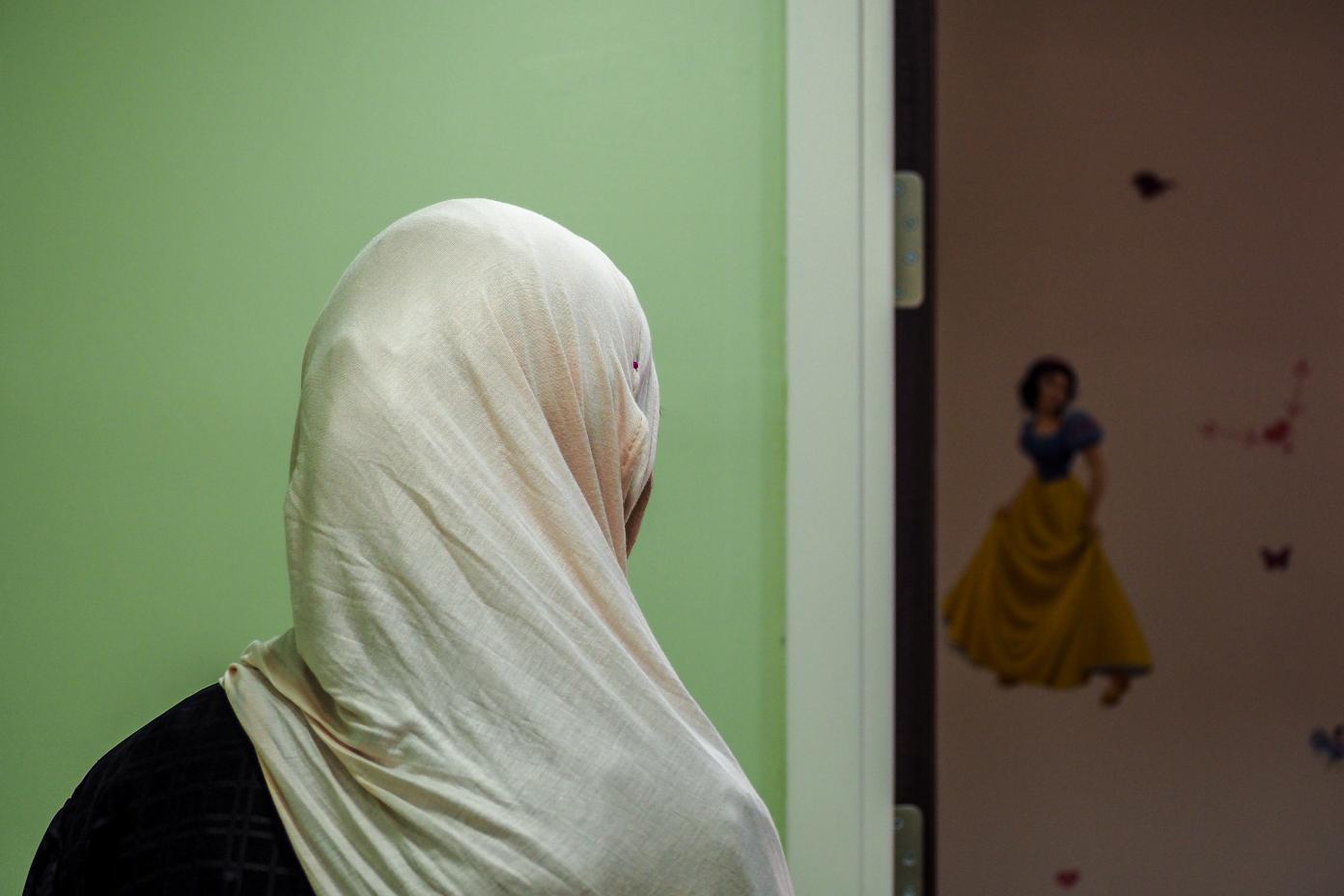As COVID-19 swept across the globe last year, there was unprecedented attention on another crisis - the emerging ‘shadow pandemic’ of gender-based violence (GBV).
Most of this focus has been on the increased risks and related lockdowns, and the need to respond to the emergency. While it’s always necessary to support victims and survivors, just as important is the primary prevention work that addresses root causes. However, on the global stage, the surge in GBV was the headline, not the prevention of it.
Fallout from the crisis has affected the work on ending gender-based violence. The global initiative ‘Ending GBV and Achieving the SDGs’ is no exception. Through pilots in seven countries, the UNDP and Republic of Korea project is producing new tools and evidence about the benefits of GBV prevention on violence against women and on other development goals. Teams working on the integration pilot projects, which are testing innovative ways to integrate GBV prevention into larger development projects in other sectors, not only felt pressure to increase their GBV response, but also to shift their energies and resources to COVID-19 responses and actions. There was also a sudden rise in GBV awareness raising efforts even though we know that these, in isolation, are ineffective at prevention.
Teams in the initiative responded very differently to the crisis and made very different progress. Reflecting on and sharing these lessons learned from the pandemic can help us be better prepared for future crises and improve programming and project management both for this project and for others.
Our first reaction as a global team was to slow down and reach out to pilot teams with kindness, compassion, and understanding, acknowledging that the personal and professional pressures of the pandemic were huge. The situation called for, and still calls for, flexibility in timing, programming and monitoring, evaluation and learning, plans to give space to adapt to the radical shifts, new demands and increased stress as a result of working and living through the pandemic.
One of the keys to the project’s success over the past year has been the ability to innovate. Although our initial reaction to COVID-19 was to pause, we now know that we have had to adapt and learn to live with and through it and that our work must continue. This requires tenacity, creativity, and teamwork to come up with different approaches and carefully consider solutions to the complexities we face, both for the project itself and for working in new ways. Innovation has been embraced in diverse ways and with differing zeal.
The team in Lebanon did a comprehensive adaptation of Indashyikirwa couples’ and opinion leaders’ curricula and trained facilitators to implement these workshops. But due to the pandemic, they had to find a new way forward. The team adapted their programming again by revising the content and exercises, devising a new engagement plan, and developing audio-visual materials to carry out the workshops via WhatsApp. Learnings from this adaptation will be shared in a webinar series this fall, but this team is on the cutting edge of providing evidence on remote implementation of GBV prevention programming.
The pandemic also amplified existing strengths and weaknesses. Pilot teams who better understood evidence-based GBV prevention had a greater commitment to the global project, good relationships with their partners, and were already embracing innovation through flexibility, experimentation, and ongoing learning were more able to adapt their projects once the pandemic hit.
Some faced additional crises. In Iraq there are ongoing serious security concerns. Lebanon was already facing an economic and political crisis and coping with the shock of the Beirut explosion. For these teams, coping with disruptions was normal and they were able to leverage this experience and resilience.
It is also essential to ensure that teams can easily communicate under lockdown scenarios if they are to effectively work together. This includes considering how best to support staff and partners’ staff in the field. In countries with limited bandwidth and wifi, it was very difficult to maintain relationships and provide support remotely, even among team members in the same city who were restricted by stay-at-home orders.
During these times of crisis, it’s a very delicate balance between knowing when and how much to stretch teams and when to just provide a space for self-care and coping knowing that the tragedies and grief brought by COVID-19 affect us all personally. However, reflecting on these key takeaways early can help pinpoint which teams may need more support to weather such upheavals in the future and the best way forward.

 Locations
Locations


